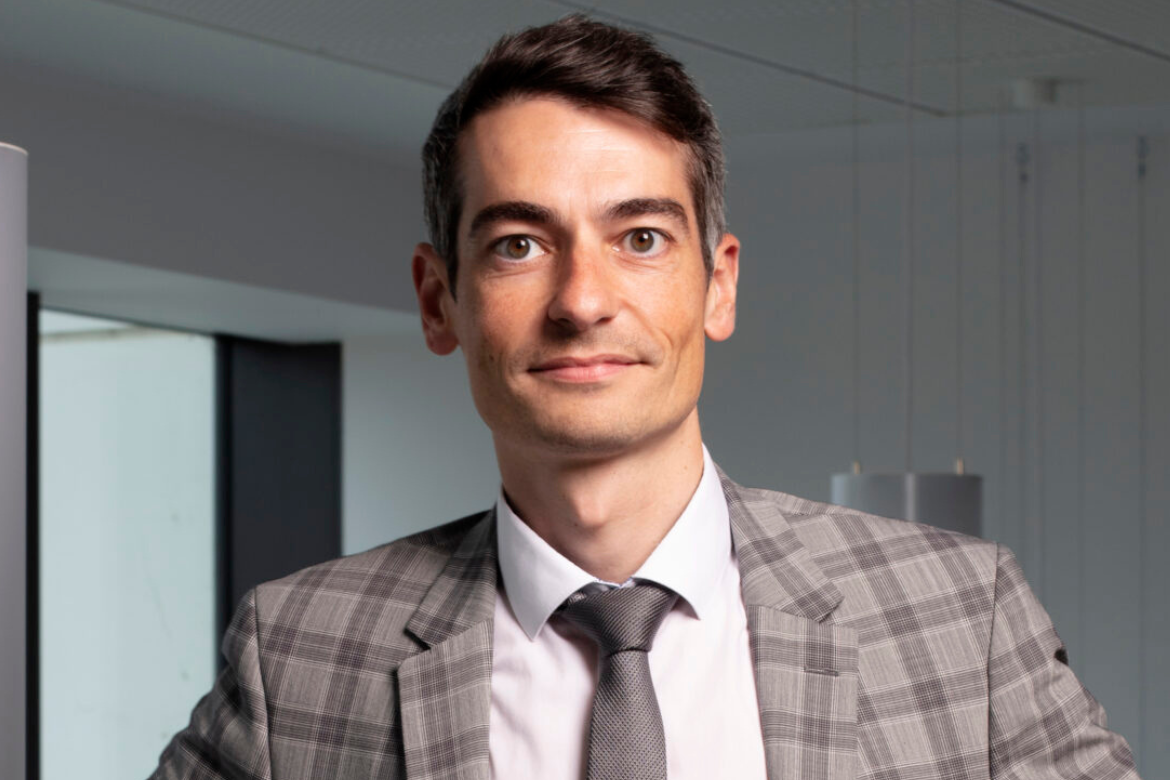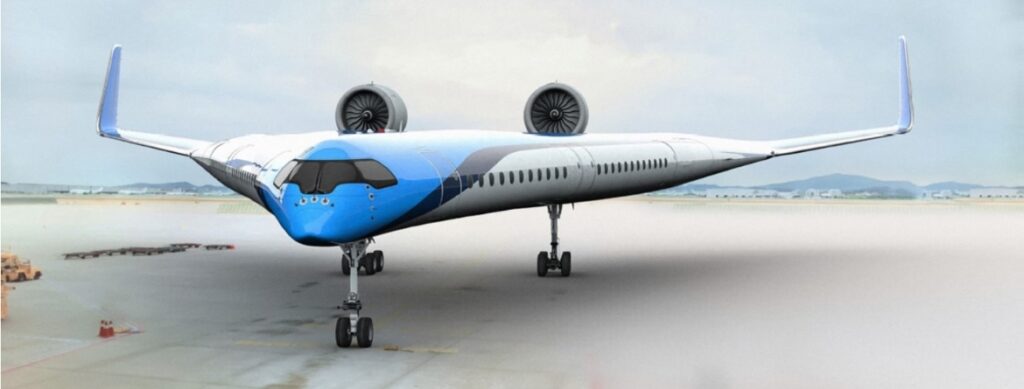The decarbonization of aviation is a major issue, both in the eyes of the public and in the ambitions of the aeronautics industry. Daily, ALTEN engineers are working to address concerns for cleaner, greener aviation while ensuring that people can travel safely, anywhere in the world.
“What I find quite exciting is that we are really at the heart of the issue,” says Mathieu Roques, Director of Operations, Aeronautics, and Space, at ALTEN. “It is the engineers of today and tomorrow who will transform aeronautics, making it evolve to become greener.” This includes technologies like the hydrogen-powered aircraft that Airbus is working on with ALTEN.
“We are talking more and more about hydrogen aircraft, says Mathieu, “but it is not the only innovation ALTEN is involved in to make aviation greener.” Electrification and system hybridization also offer great promise for reducing aviation’s ecological footprint. “The goal is to hybridise, using as much electricity as possible while maintaining reliability.”
says Mathieu.
The innovations in energy systems are the most dramatic change the aviation industry has experienced since supersonic flight. There are great technological challenges involved in electrical and hydrogenic propulsion. ALTEN has been involved in the development of these technologies, for the aeronautics and automotive industry, for decades.
Other ALTEN activities involve research into biofuels – sustainable aeronautical fuels – and aircraft aerodynamics, in particular using new materials such as carbon to make the aircraft lighter without losing strength.
Incremental steps
In the meanwhile, numerous avenues are being explored to reduce fuel consumption. These include optimizing the aircraft’s trajectory, in particular the aircraft flight management system, to limit fuel consumption; or streamlining airport operations on the ground to avoid planes being blocked on the runway.
“These questions are approached in terms of short-, medium- and long-term gains,” concludes Mathieu. “In the end, it is all connected. There is not one miracle solution. It will take time to find the solutions that will enable us to deliver safe, hydrogen-powered aircraft with the capacity to carry 200-300 passengers.” In the meanwhile, a range of engineering studies in varied and broad areas are allowing multiple advances towards the overall objective of global decarbonisation.
“It’s a matter of having a roadmap,” adds Yann Brioude, Division Director. “The maturation of technologies in aeronautics takes years, even decades. In the meantime, we must work incrementally – flight aerodynamics, propulsion systems, flight operations, optimisation of trajectories… there is a lot already going on. New engines are reducing fuel consumption considerably compared to their predecessors. It is not one technology over another, but a set of technologies with different timelines that will enable us to arrive at the complete decarbonisation of aeronautics, if that is possible.”
Mounting pressure
Meanwhile, there is increasing pressure from the public, from airlines and even from governments to ensure that aeronautics transform rapidly. To help in post-Covid recovery, the French government earmarked 1.8 billion euros for the aeronautics industry, on the condition that it financed projects aimed at reducing the environmental impact of aircraft and related products. Other national or supranational bodies have followed suit. Clean Sky 2 is a funding activity of the European Union aimed at the development of cleaner air transport technologies for the earliest possible deployment. The ultimate objective of Clean Sky 2 is to develop a strong and globally competitive aeronautical industry and supply chain in Europe, with a low environmental footprint.
Fuelling the future
ALTEN works on many levels to make all this happen. As a subcontractor, its teams participate on research and development topics specified by airframers and aeroengine manufacturers such as Rolls-Royce. At times, collaboration takes the form of partnerships on projects scoped with France’s Civil Aviation Research Council (CORAC); one such example is the STOHYC (STOckage d’HYdrogène Cryogénique) project led by Airbus, co-financed by the DGAC as part of the French Recovery Plan, which is refinanced by Nextgeneration EU. And lastly, there is ALTEN’s own research on topics such as hydrogen-based propulsion systems, including the design and testing of the hydrogen tanks, which involves exacting mechanical and thermal analysis to ensure the storage of liquid nitrogen at minus 270 degrees while guaranteeing passenger safety. ALTEN’s multidisciplinary skills – from design, through certification and customer service – help to ensure success end to end.
ALTEN is dedicated to fostering the growth of a new generation of engineers in the aeronautics industry. Our aim is twofold: firstly, to demonstrate that this industry is dynamic and actively contributing to a positive environmental impact; secondly, to acknowledge that the incorporation of fresh expertise and knowledge is essential to effect the necessary transformations in the aircraft fleets of the future. This strategic approach is crucial in shaping the aviation of tomorrow, ensuring that we build for the future today.

“The aeronautics sector has the obligation to innovate and reinvent itself. Become much greener and have a much smaller impact on the environment is key for the future of Aviation. Our engineers are and will be part of this transformation.”
Mathieu Roques, Director of Operations, Aeronautics and Space
Since 2010, ALTEN has established itself as an expert in cryogenic engineering, primarily through its involvement in the design and analysis of cryogenic tanks for the development of Ariane 5 and 6. Within these projects, ALTEN has undertaken crucial activities such as thermal and aerodynamic analysis; qualification of the fueling module; tank filling and pressure resistance tests; and launcher structure vibration tests aimed at mitigating fluid sloshing instability risks. In addition to its work with Ariane, ALTEN has collaborated with GTT, a prominent maritime transport engineering company specializing in maintaining liquefied gases at cryogenic temperatures during storage and transport. GTT, recognized as the global leader in cryogenic membrane confinement systems, relies on technologies that allow for a volume reduction of up to 700 at -253°C. ALTEN’s involvement with GTT encompasses the design and analysis of liquified natural gas tanker storage systems, requiring expertise in mechanical, thermal, and hydrodynamic aspects.










